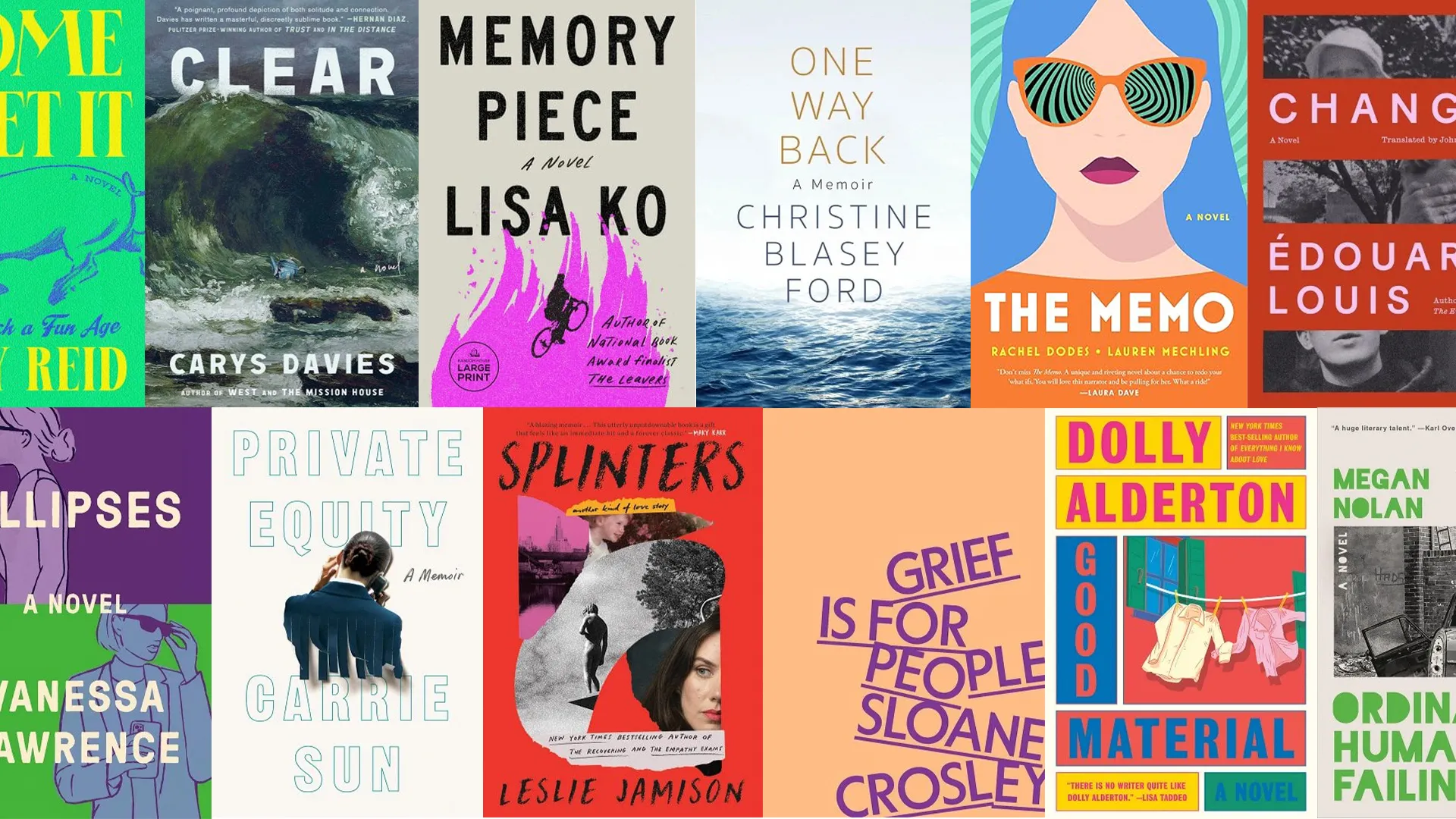Books are not just for entertainment. They are powerful tools. They open new worlds, challenge your beliefs, and sharpen your mind. Intellectual books, in particular, push boundaries and spark curiosity. They often leave you with lingering, thought-provoking ideas. They do so after you turn the last page. These books can introduce you to new ideas about life. They may include new philosophies, scientific discoveries, or fresh perspectives. These books will spark your mind and expand your horizons. They are perfect for lifelong learners and those just starting to discover themselves. Here’s a list of ten great books. They each offer unique insights and wisdom. They can expand your mind and help you grow.
Top 10 Best Intellectual Books to Transform Your Thinking
- Sapiens: A Brief History of Humankind by Yuval Noah Harari
- Thinking, Fast and Slow by Daniel Kahneman
- 1984 by George Orwell
- Meditations by Marcus Aurelius
- The Selfish Gene by Richard Dawkins
- The Art of War by Sun Tzu
- The Power of Now by Eckhart Tolle
- A Brief History of Time by Stephen Hawking
- The Alchemist by Paulo Coelho
- Man’s Search for Meaning by Viktor E. Frankl
Sapiens: A Brief History of Humankind by Yuval Noah Harari
This book explores human history. It traces our journey from the Stone Age to the tech age. Harari explores the cognitive, agricultural, and scientific revolutions that shaped human societies. Sapiens is compelling. It connects history, anthropology, and biology. It weaves a coherent tale of humanity’s evolution. The book challenges readers to reflect on humanity’s past, present, and future. It raises questions about identity, culture, and evolution. Sapiens is a masterpiece. Its mix of history, philosophy, and science will leave you questioning what it means to be human. For those exploring diverse intellectual fields, like Best Graduate Math Books, Sapiens offers a similarly deep and transformative reading experience across disciplines.
Thinking, Fast and Slow by Daniel Kahneman
Nobel laureate Daniel Kahneman explores two thinking systems. They are: fast, intuitive thought and slow, analytical reasoning. The book uses examples to show the biases that affect judgment. For instance, Kahneman explains the “anchoring effect” and “loss aversion.” They profoundly impact decision-making. The book stresses the need to know these biases. They affect decision-making in daily life. It’s a must-read for anyone who wants to think better, understand their thoughts, and avoid mental shortcuts.
1984 by George Orwell
This dystopian novel warns about totalitarian regimes and the power of surveillance. Orwell’s tale of Winston Smith, watched by the government. It explores freedom, truth, and individuality. The infamous “Big Brother” concept and fact manipulation resonate today. They reflect our fears of data privacy and political propaganda. 1984 reminds us how fragile freedom is when we sacrifice it for security. Its timeless relevance makes it a must-read for anyone interested in sociology.
Meditations by Marcus Aurelius
This book is a timeless collection of reflections by the Roman Emperor, Marcus Aurelius. It offers profound insights into Stoic philosophy. Aurelius writes about resilience, self-discipline, and inner peace. They help us face challenges. One of the key takeaways is the idea of controlling what you can and letting go of what you cannot. Its wisdom is as relevant today as it was two millennia ago. It inspires people to lead purposeful lives. Meditations is a guide. It teaches integrity and finding peace amid chaos.
The Selfish Gene by Richard Dawkins
Dawkins introduces the revolutionary concept of genes as the driving force behind evolution. The book explains complex biology in a simple, engaging way. It emphasizes that selfishness is key to survival. Dawkins’ “meme” is a cultural parallel to genetic evolution. It has influenced how we think about ideas spreading in society. This groundbreaking work is for anyone interested in genetics, evolution, or the philosophy of biology. The Selfish Gene will make you rethink how life and survival operate on a molecular level.
The Art of War by Sun Tzu
The Art of War is an ancient Chinese military treatise. It is about more than warfare. It covers strategy, leadership, and life lessons. Sun Tzu emphasizes principles like preparation, adaptability, and foresight. He discusses the need to know both your enemy and yourself to win. These principles apply to business, sports, and personal challenges, too. The Art of War is a classic. It teaches success through discipline, strategy, and planning.
The Power of Now by Eckhart Tolle
Tolle’s guide to spiritual enlightenment stresses living in the present. The book blends philosophy and psychology. It helps readers beat stress, anxiety, and distractions. A key message is to free yourself from past regrets and future worries. Focus on the now. The Power of Now, with its new take on mindfulness, shows a way to find peace and clarity in a chaotic world.
A Brief History of Time by Stephen Hawking
In this book, Stephen Hawking explores the universe’s mysteries. He covers black holes and the Big Bang. It is both accessible and profound. Hawking’s depth in science is great. But, his style is conversational. It makes complex physics understandable to lay readers. A Brief History of Time poses deep questions about the nature of existence and our place in the cosmos. It’s a fascinating journey for anyone curious about science, space, and the universe’s origins.
The Alchemist by Paulo Coelho
A modern classic, The Alchemist tells of Santiago, a shepherd. He journeys to find treasure. Coelho weaves themes of destiny, self-discovery, and perseverance into a beautifully written tale. The book teaches readers to listen to their hearts. It urges them to embrace uncertainty and trust life’s process. Its simple, universal message makes it an easy, profound read. It inspires anyone to pursue their dreams.
Man’s Search for Meaning by Viktor E. Frankl
This memoir and psychological study recounts Viktor Frankl’s Holocaust survival and his development of logotherapy. The book focuses on finding purpose even in the most challenging circumstances. Frankl argues that life’s meaning often comes from our response to suffering and challenges. It’s a moving testament to human resilience and the power of meaning in shaping our lives. Man’s Search for Meaning is a beacon of hope and wisdom, reminding us of the importance of purpose in life.
FAQs About Intellectual Books
What makes a book “intellectual”?
An intellectual book challenges conventional thinking. It offers deep insights and broadens your view on complex topics. These books blend philosophy, science, history, and literature. They spark critical thinking and foster personal growth.
Are intellectual books difficult to read?
Not necessarily. Some intellectual books are hard to grasp. They have complex ideas. But, authors like Yuval Noah Harari and Stephen Hawking make tough ideas fun and easy to understand for many people.
Can reading intellectual books improve my intelligence?
Yes, reading such books enhances your critical thinking, problem-solving, and analytical skills. They expose you to new ideas and views. This enriches your knowledge and sharpens your mind. Over time, this can improve your overall cognitive abilities.
How do I choose the right intellectual book?
Start with topics that interest you. Choose a book that sparks your curiosity. It can be history, science, or philosophy. Reading reviews, summaries, or recommendations from trusted sources can help. They can guide your choice.
Conclusion: Unlock Your Intellectual Potential
The best intellectual books do more than impart knowledge. They inspire growth, provoke thought, and change your worldview. This list’s books are a treasure for curious minds. They hold ancient wisdom and modern breakthroughs. Each book gives you new views and deeper insights. It equips you with tools to think more critically. Dive into one. Let it take you on a journey. It will expand your understanding of yourself and the world. The adventure of lifelong learning starts with a single page—why not begin today?

